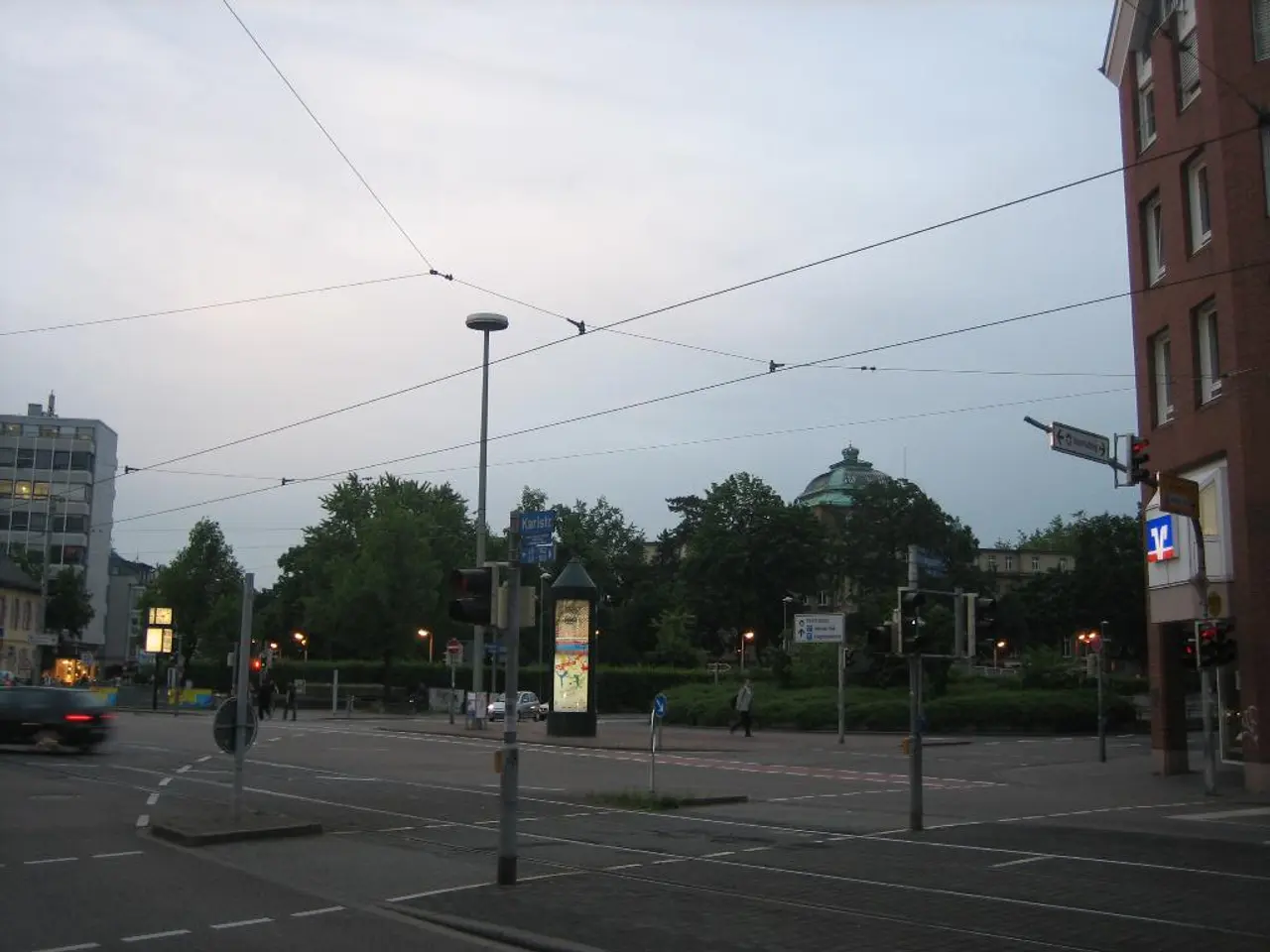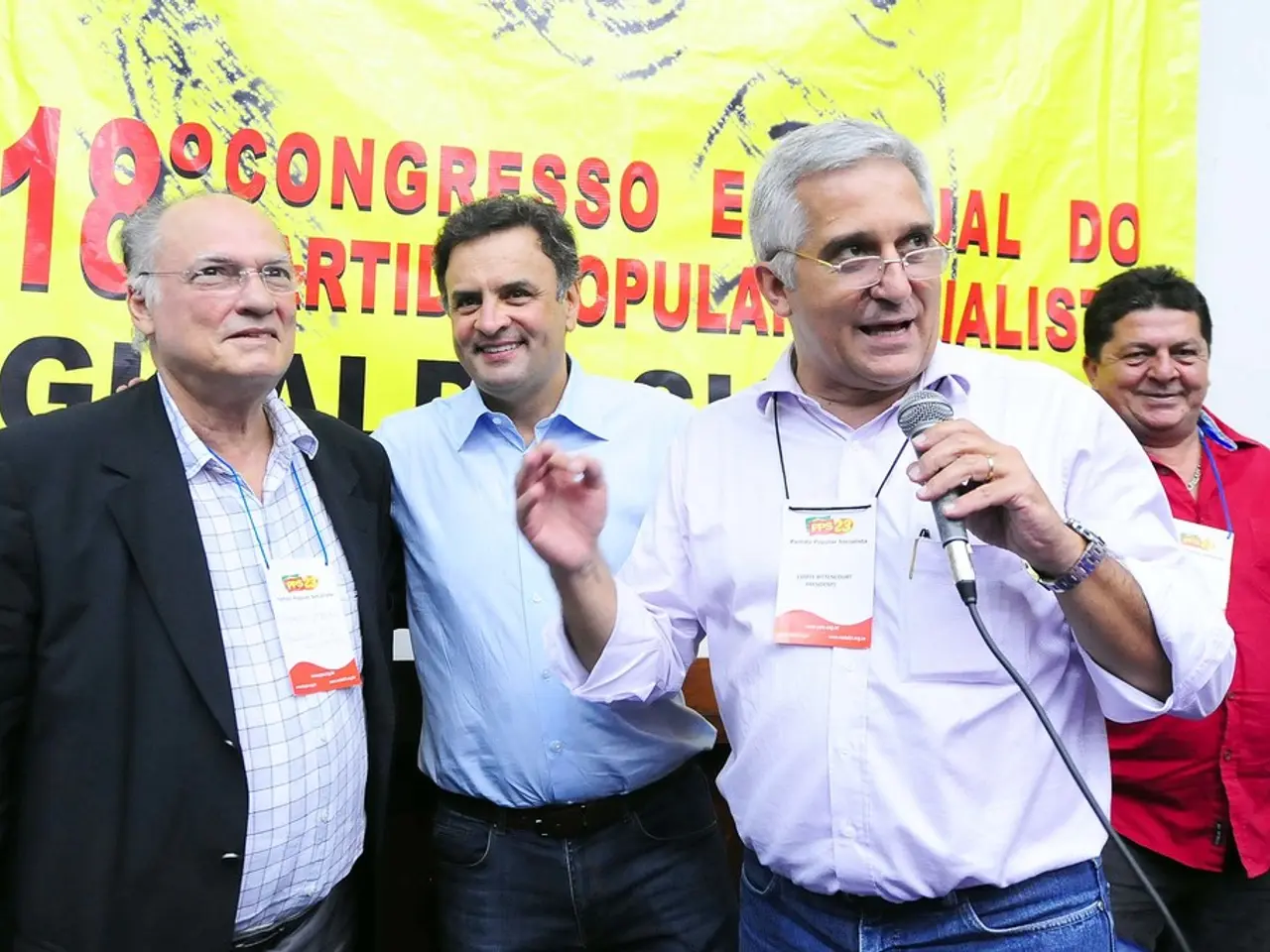Poland Imposes Border Checks with Lithuania and Germany
Polish Prime Minister Donald Tusk announced on Tuesday the reinstatement of temporary border controls on the Polish-German and Polish-Lithuanian borders, effective from July 7, 2025. The decision comes amid growing concerns over irregular migration and tensions arising from Germany returning asylum-seekers to Poland.
The context behind this decision involves several interrelated factors. After Chancellor Friedrich Merz took office in May 2025, his government increased police presence at borders and announced some asylum seekers would be turned away from Germany. This followed Merz making stricter migration control a key part of his election platform earlier that year.
Germany's tougher migration policies have led to an increase in the return of migrants to Poland, creating political pressure within the country. Far-right activists in Poland have even organized patrols along the border protesting these returns, which has heightened tensions. Poland insists that Germany created the migration problem and should deal with it themselves.
The European Union’s Schengen visa-free travel zone allows free movement across member state borders but permits temporary border controls if there is a serious threat to internal security or public policy. Such controls should be a last resort and time-limited. Poland’s decision is an exception prompted by these exceptional circumstances, and it risks further straining the Schengen framework, which has already been weakened by previous border control measures.
In addition to Germany, Poland is also imposing controls on its border with Lithuania to prevent illegal crossings, addressing migration challenges on its eastern frontier where it has heavily fortified the border with Belarus.
Prime Minister Tusk emphasized that Poland’s decision is firm regardless of external diplomatic reactions and underlined ongoing close communication with Germany to minimize disruptions at the border. The Prime Minister has criticized the political exploitation of the border situation by PiS politicians and their associates.
The reinstatement of border controls is expected to make crossing into Poland even harder, particularly at the "Brest" checkpoint, the only operational checkpoint for private vehicles on the Belarus-Poland border, which currently experiences regular, massive queues. The repairs at the "Brest" checkpoint, which began on June 30th and will continue until July 14th, could exacerbate the existing traffic congestion at the border.
The State Customs Committee has advised Belarusians to reconsider their plans to cross the Belarus-Poland border due to potential traffic congestion caused by repairs at the "Brest" checkpoint. It is important to note that the Prime Minister has not specified the reason for the reinstatement of border controls, but it has been reported that civilian patrols have been effectively controlling entry into Poland despite the passivity of law enforcement agencies.
[1] Gazeta Wyborcza, "Tusk reinstates temporary border controls with Germany and Lithuania," June 29, 2025. [2] Gazeta Wyborcza, "Poland-Germany border tensions escalate over migrant smuggling claims," June 28, 2025. [3] Gazeta Wyborcza, "Poland imposes border controls on Lithuania to prevent illegal crossings," June 25, 2025. [4] European Commission, "Schengen Border Code," accessed June 30, 2025. [5] Gazeta Wyborcza, "Poland's border controls risk further straining Schengen framework," June 26, 2025.
- The temporary border control reinstatement by Poland on the Polish-German and Polish-Lithuanian borders, effective from July 7, 2025, is a political step taken amidst escalating tension over migration and asylum issues, following Chancellor Friedrich Merz's stricter migration policies and return of migrants to Poland.
- The European Union's Schengen framework, which permits temporary border control, may face further strain due to Poland's decision to impose controls not only on the German border but also on the border with Lithuania, as the country addresses migration challenges, particularly on its eastern frontier.








